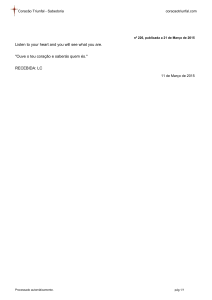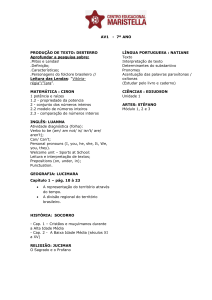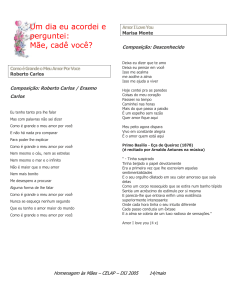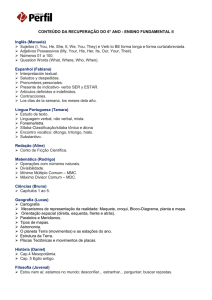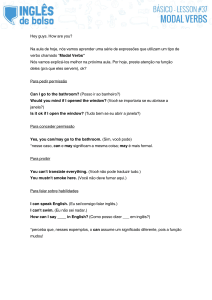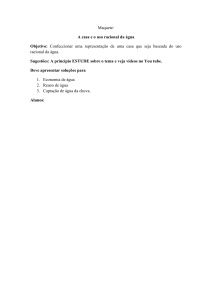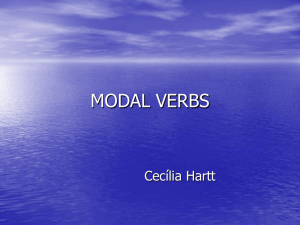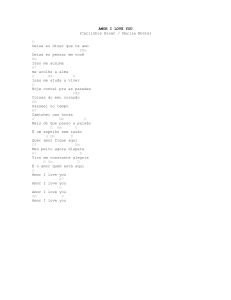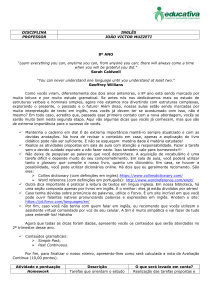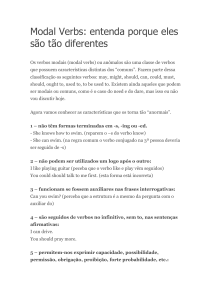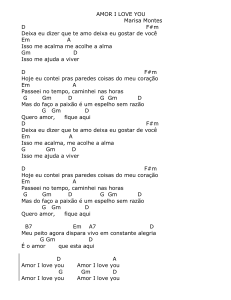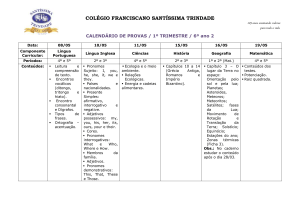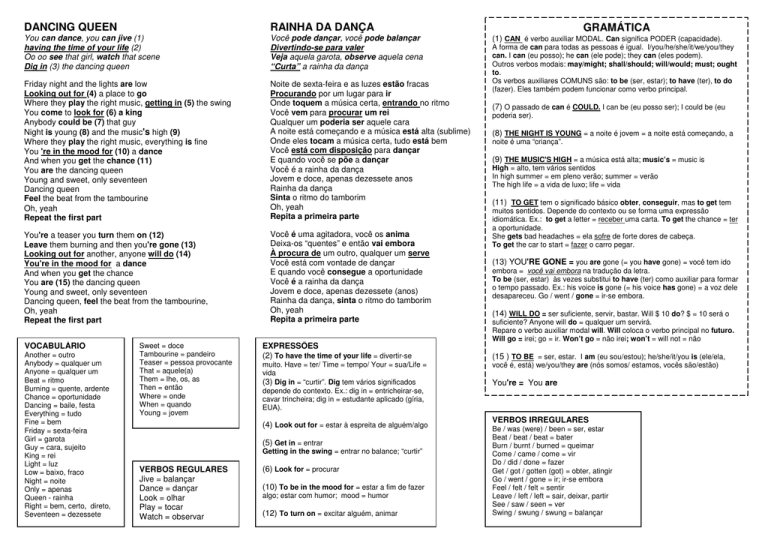
DANCING QUEEN
RAINHA DA DANÇA
You can dance, you can jive (1)
having the time of your life (2)
Oo oo see that girl, watch that scene
Dig in (3) the dancing queen
Você pode dançar, você pode balançar
Divertindo-se para valer
Veja aquela garota, observe aquela cena
“Curta” a rainha da dança
Friday night and the lights are low
Looking out for (4) a place to go
Where they play the right music, getting in (5) the swing
You come to look for (6) a king
Anybody could be (7) that guy
Night is young (8) and the music's high (9)
Where they play the right music, everything is fine
You 're in the mood for (10) a dance
And when you get the chance (11)
You are the dancing queen
Young and sweet, only seventeen
Dancing queen
Feel the beat from the tambourine
Oh, yeah
Repeat the first part
Noite de sexta-feira e as luzes estão fracas
Procurando por um lugar para ir
Onde toquem a música certa, entrando no ritmo
Você vem para procurar um rei
Qualquer um poderia ser aquele cara
A noite está começando e a música está alta (sublime)
Onde eles tocam a música certa, tudo está bem
Você está com disposição para dançar
E quando você se põe a dançar
Você é a rainha da dança
Jovem e doce, apenas dezessete anos
Rainha da dança
Sinta o ritmo do tamborim
Oh, yeah
Repita a primeira parte
You're a teaser you turn them on (12)
Leave them burning and then you're gone (13)
Looking out for another, anyone will do (14)
You're in the mood for a dance
And when you get the chance
You are (15) the dancing queen
Young and sweet, only seventeen
Dancing queen, feel the beat from the tambourine,
Oh, yeah
Repeat the first part
Você é uma agitadora, você os anima
Deixa-os “quentes” e então vai embora
À procura de um outro, qualquer um serve
Você está com vontade de dançar
E quando você consegue a oportunidade
Você é a rainha da dança
Jovem e doce, apenas dezessete (anos)
Rainha da dança, sinta o ritmo do tamborim
Oh, yeah
Repita a primeira parte
VOCABULÁRIO
Another = outro
Anybody = qualquer um
Anyone = qualquer um
Beat = ritmo
Burning = quente, ardente
Chance = oportunidade
Dancing = baile, festa
Everything = tudo
Fine = bem
Friday = sexta-feira
Girl = garota
Guy = cara, sujeito
King = rei
Light = luz
Low = baixo, fraco
Night = noite
Only = apenas
Queen - rainha
Right = bem, certo, direto,
Seventeen = dezessete
Sweet = doce
Tambourine = pandeiro
Teaser = pessoa provocante
That = aquele(a)
Them = lhe, os, as
Then = então
Where = onde
When = quando
Young = jovem
EXPRESSÕES
(2) To have the time of your life = divertir-se
muito. Have = ter/ Time = tempo/ Your = sua/Life =
vida
(3) Dig in = “curtir”. Dig tem vários significados
depende do contexto. Ex.: dig in = entricheirar-se,
cavar trincheira; dig in = estudante aplicado (gíria,
EUA).
(4) Look out for = estar à espreita de alguém/algo
(5) Get in = entrar
Getting in the swing = entrar no balance; “curtir”
VERBOS REGULARES
Jive = balançar
Dance = dançar
Look = olhar
Play = tocar
Watch = observar
(6) Look for = procurar
(10) To be in the mood for = estar a fim de fazer
algo; estar com humor; mood = humor
(12) To turn on = excitar alguém, animar
GRAMÁTICA
(1) CAN é verbo auxiliar MODAL. Can significa PODER (capacidade).
A forma de can para todas as pessoas é igual. I/you/he/she/it/we/you/they
can. I can (eu posso); he can (ele pode); they can (eles podem).
Outros verbos modais: may/might; shall/should; will/would; must; ought
to.
Os verbos auxiliares COMUNS são: to be (ser, estar); to have (ter), to do
(fazer). Eles também podem funcionar como verbo principal.
(7) O passado de can é COULD. I can be (eu posso ser); I could be (eu
poderia ser).
(8) THE NIGHT IS YOUNG = a noite é jovem = a noite está começando, a
noite é uma “criança”.
(9) THE MUSIC'S HIGH = a música está alta; music’s = music is
High = alto, tem vários sentidos
In high summer = em pleno verão; summer = verão
The high life = a vida de luxo; life = vida
(11) TO GET tem o significado básico obter, conseguir, mas to get tem
muitos sentidos. Depende do contexto ou se forma uma expressão
idiomática. Ex.: to get a letter = receber uma carta. To get the chance = ter
a oportunidade.
She gets bad headaches = ela sofre de forte dores de cabeça.
To get the car to start = fazer o carro pegar.
(13) YOU'RE GONE = you are gone (= you have gone) = você tem ido
embora = você vai embora na tradução da letra.
To be (ser, estar) às vezes substitui to have (ter) como auxiliar para formar
o tempo passado. Ex.: his voice is gone (= his voice has gone) = a voz dele
desapareceu. Go / went / gone = ir-se embora.
(14) WILL DO = ser suficiente, servir, bastar. Will $ 10 do? $ = 10 será o
suficiente? Anyone will do = qualquer um servirá.
Repare o verbo auxiliar modal will. Will coloca o verbo principal no futuro.
Will go = irei; go = ir. Won’t go = não irei; won’t = will not = não
(15 ) TO BE = ser, estar. I am (eu sou/estou); he/she/it/you is (ele/ela,
você é, está) we/you/they are (nós somos/ estamos, vocês são/estão)
You're = You are
VERBOS IRREGULARES
Be / was (were) / been = ser, estar
Beat / beat / beat = bater
Burn / burnt / burned = queimar
Come / came / come = vir
Do / did / done = fazer
Get / got / gotten (got) = obter, atingir
Go / went / gone = ir; ir-se embora
Feel / felt / felt = sentir
Leave / left / left = sair, deixar, partir
See / saw / seen = ver
Swing / swung / swung = balançar

